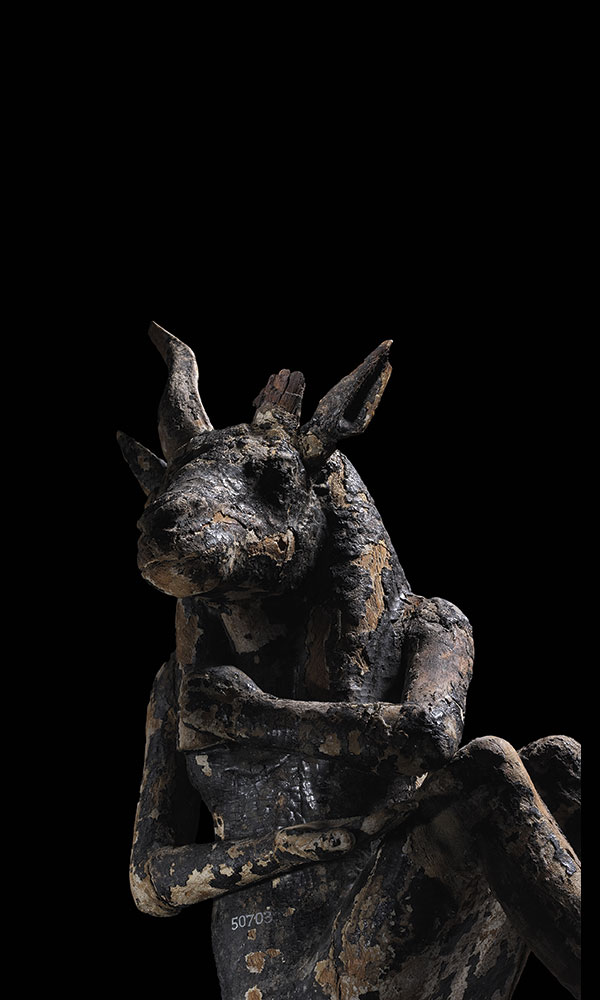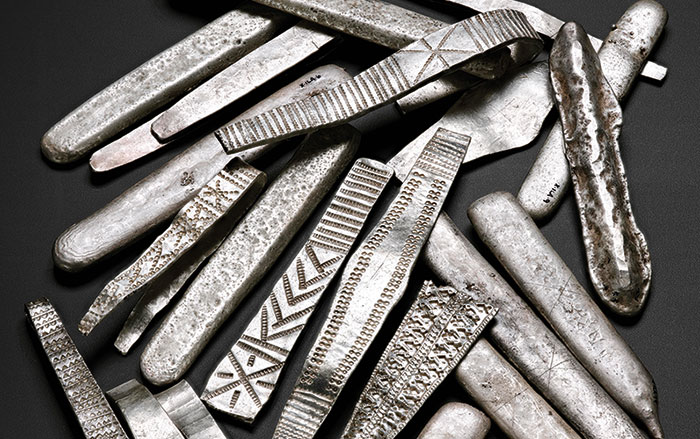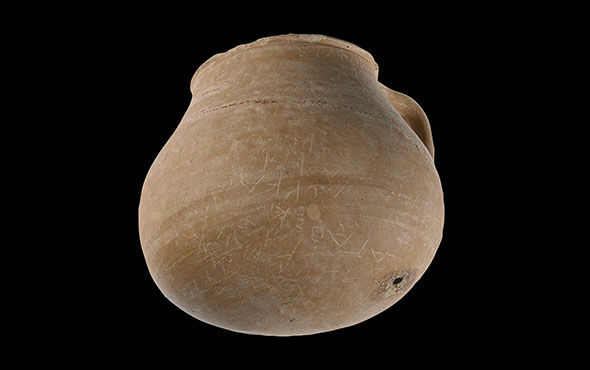
HAMILTON, ONTARIO—According to a statement released by McMaster University, researchers led by Hendrik Poinar have reconstructed a 400-year-old E. coli genome from a sample of a gallstone taken from the well-preserved body of an Italian noble discovered in Naples in the 1980s. E. coli is a commensal, a type of bacteria that lives in a host and can become a threat when the host is stressed or experiencing an underlying disease or immunodeficiency. Understanding the genome of the 400-year-old bacteria will help scientists see how the pathogen has evolved and adapted. Today, some strains of E. coli are resistant to treatment and can cause fatal food poisoning and bloodstream infections. Read the original scholarly article about this research in Communications Biology. For more on identifying bacteria by their DNA, go to "Diagnosis of Ancient Illness."











